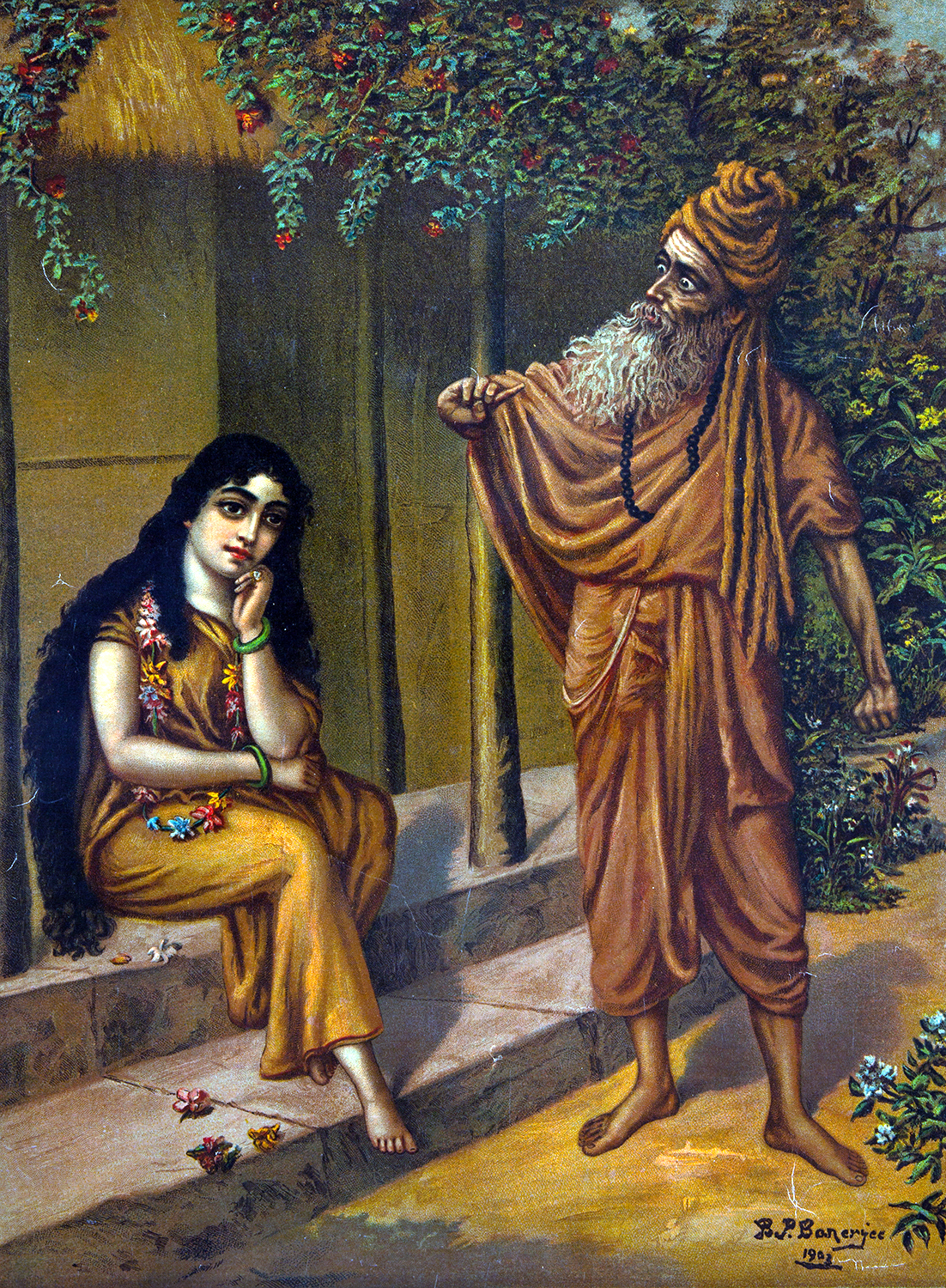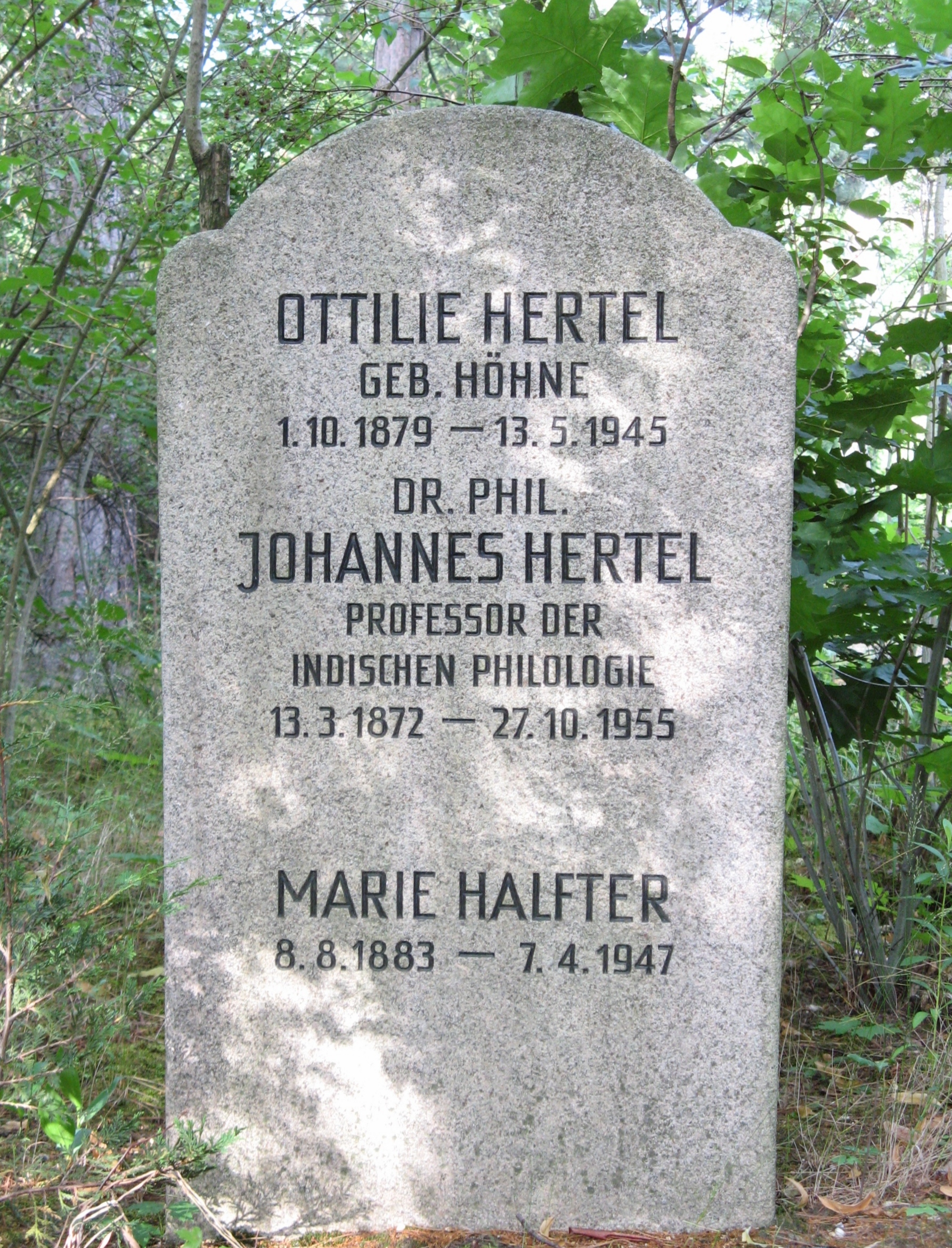|
Harvard Oriental Series
The ''Harvard Oriental Series'' is a book series founded in 1891 by Charles Rockwell Lanman and Henry Clarke Warren. Lanman served as its inaugural editor (1891-1934) for the first 37 volumes. Other editors of the series include Walter Eugene Clark (1934-1950, volumes 38–44), Daniel Henry Holmes Ingalls (1950-1983, volumes 45–48) and Gary Tubb (1983-1990, volume 49). Currently in its 93rd volume, the series is edited by Michael Witzel, the Wales Professor of Sanskrit in the Department of Sanskrit and Indian Studies at Harvard University, and distributed by the Harvard University Press. A subseries, ''Harvard Oriental Series Opera Minora'', "aims at the swift publication of important materials that cannot be included in the mainly text-oriented Harvard Oriental Series." Volumes of Main Series Volumes of ''Opera Minora'' subseries See also *Columbia University Indo-Iranian Series *Loeb Classical Library *Murty Classical Library of India The Murty Classical Library of India ... [...More Info...] [...Related Items...] OR: [Wikipedia] [Google] [Baidu] |
Charles Rockwell Lanman
Charles Rockwell Lanman (July 8, 1850 – February 20, 1941) was an American scholar of the Sanskrit language. Early life and education Charles Rockwell Lanman was born in Norwich, Connecticut, the eighth of the nine children of Peter Lanman III and Catherine (Cook) Lanman on July 8, 1850. His mother died when he was three years old, and his aunt Abigail (Abby) Trumbull Lanman helped raise him. His Aunt Abby was an artist, and as one of two legatees of the estate of her great uncle American Revolutionary War artist John Trumbull, inherited many of Trumbull's Revolutionary War period paintings and sketches. At age ten, a young Charles Lanman read a copy of the Journal of the American Oriental Society containing a translation of a textbook of Hindu astronomy, which sparked his interest in Sanskrit. Lanman graduated from Yale College (Phi Beta Kappa) in 1871, was a graduate student there (1871–1873) studying Greek under James Hadley and Sanskrit under WD Whitney and eve ... [...More Info...] [...Related Items...] OR: [Wikipedia] [Google] [Baidu] |
Saunaka
Shaunaka ( sa, शौनक, ) is the name applied to teachers, and to a Shakha of the Atharvaveda. It is especially the name of a celebrated Sanskrit grammarian, author of the , the , the and six Anukramaṇīs (indices) to the Rigveda. He is claimed as the teacher of Katyayana and especially of Ashvalayana, and is said to have united the Bashkala and Shakala Shakhas of the Rigveda. In legend, he is sometimes identified with Gritsamada, a Vedic rishi. Literature According to the Vishnu Purana, Shaunaka was the son of Gritsamada and invented the system of the four levels of human life. Sūta mahamuni narrated mythological stories to a group of sages headed by Shaunaka maha muni. is attributed to Shaunaka who taught it to others in a satra-yajna (a 12-day very large scale collective yajna) held in Naimisha according to Vishnumitra of Champa town, the commentator of 's commentary of (Hindi)Virendrakumar Verma, Rgveda-prātiśākhya of Śaunaka Along with ; Chaukhambha Sanskr ... [...More Info...] [...Related Items...] OR: [Wikipedia] [Google] [Baidu] |
Sakuntala
Shakuntala (Sanskrit: ''Śakuntalā'') is the wife of Dushyanta and the mother of Emperor Bharata. Her story is told in the ''Adi Parva'' of the ancient Indian epic ''Mahabharata'' and dramatized by many writers, the most famous adaption being Kalidasa's play ''Abhijñānaśākuntala'' (''The Sign of Shakuntala''). Legends Birth Once, Vishvamitra started to meditate to earn the status of a Brahmarshi. The intensity of his penance frightened Indra. He feared that Vishvamitra might want his throne. To end his penance, Indra sent Menaka, an apsara, to lure him and bring him out of his penance. Menaka reached Vishwamitra's meditating spot and started to seduce him. Vishvamitra could not control his lust and desire and his penance was broken. Vishvamitra and Menaka lived together for a few years and a daughter was born to them. Later, Vishvamitra realized that all those things were Indra's tricks. He realized that he needed to control his emotions. Vishvamitra left Menaka and Menaka ... [...More Info...] [...Related Items...] OR: [Wikipedia] [Google] [Baidu] |
Richard Pischel
Richard Pischel (18 January 1849 – 26 December 1908) was a German Indologist born in Breslau. In 1870 he received his doctorate from the University of Breslau under the guidance of Adolf Friedrich Stenzler (1807-1887). His graduate thesis was ''De Kalidasae Cakuntali recensionibus'' ("On the Recensions of Kālidāsa's Shakuntala"). In 1875, he received an appointment to the University of Kiel, where he was a professor of Sanskrit and comparative linguistics. From 1885 to 1902, he was a professor of Indology and comparative linguistics at the University of Halle. At Halle, he collaborated with Karl Friedrich Geldner (1852-1929) on important Vedic studies (''Vedische Studien''; three volumes). In 1900 he was appointed rector of the University, and from 1886 to 1902, served as director and librarian of the ''Deutschen Morgenländischen Gesellschaft'' (German Oriental Society). In 1902 he was appointed professor of Indology at the University of Berlin. He died on 26 December 1908 ... [...More Info...] [...Related Items...] OR: [Wikipedia] [Google] [Baidu] |
Bharavi
Bharavi () was a 6th century Indian poet known for his epic poem ''Kirātārjunīya'', one of the six ''mahakavyas'' in classical Sanskrit. Time and place As with most Sanskrit poets, very few concrete details are available about Bharavi's life, and inferences must be made from references to him. His name, along with great poet and dramatist in the Sanskrit language Kālidāsa's name, is mentioned in a Chalukya stone inscription dated 634 C.E. found at Aihole, located in present day Karnataka. In another inscription, the king Durvinita of the Western Ganga Dynasty mentions having written a commentary on the fifteenth canto of Bharavi's Kirātārjunīya. The Western Ganga Dynasty ruled from about the middle of the fourth century, and Durvinita is usually believed to have lived in the later half of the sixth century. The poet Daṇḍin, who was born during the seventh century, reports that his great-grandfather was a friend of Bharavi and was introduced by him to a king Viṣṇu ... [...More Info...] [...Related Items...] OR: [Wikipedia] [Google] [Baidu] |
Carl Cappeller
Carl may refer to: *Carl, Georgia, city in USA *Carl, West Virginia, an unincorporated community *Carl (name), includes info about the name, variations of the name, and a list of people with the name *Carl², a TV series * "Carl", an episode of television series ''Aqua Teen Hunger Force'' * An informal nickname for a student or alum of Carleton College CARL may refer to: *Canadian Association of Research Libraries *Colorado Alliance of Research Libraries See also *Carle (other) *Charles *Carle, a surname *Karl (other) *Karle (other) Karle may refer to: Places * Karle (Svitavy District), a municipality and village in the Czech Republic * Karli, India, a town in Maharashtra, India ** Karla Caves, a complex of Buddhist cave shrines * Karle, Belgaum, a settlement in Belgaum d ... {{disambig ja:カール zh:卡尔 ... [...More Info...] [...Related Items...] OR: [Wikipedia] [Google] [Baidu] |
Panchatantra
The ''Panchatantra'' (IAST: Pañcatantra, ISO: Pañcatantra, sa, पञ्चतन्त्र, "Five Treatises") is an ancient Indian collection of interrelated animal fables in Sanskrit verse and prose, arranged within a frame story.Panchatantra: Indian Literature Encyclopaedia Britannica The surviving work is dated to about 200 BCE, but the fables are likely much more ancient. The text's author is unknown, but it has been attributed to in some s and [...More Info...] [...Related Items...] OR: [Wikipedia] [Google] [Baidu] |
Johannes Hertel
Johannes Hertel (13 March 1872, Zwickau – 27 October 1955, Leipzig) was a German Indologist. Hertel wrote numerous essays and books on Indological topics. His research focus was Indian narrative literature and the Vedas. Above all, he is known for his scientific work on the textual history of the ''Panchatantra''. Hertel obtained his Ph.D. from the University of Leipzig in 1897 with a thesis on the ''Hitopadesha''. From 1919 to 1937 he was full professor and Chair of Indian Studies at the University of Leipzig, where he taught Asian and Indo-European languages such as Sanskrit, Vedic, and Avestan, and he translated numerous works from these into German. Most of his works on Vedic and Avestan subjects appeared in the series ''Indo-Iranische Quellen und Forschungen'' ("Indo-Iranian Sources and Research"), which he also edited. In November 1933 Hertel signed the ''Vow of allegiance of the Professors of the German Universities and High-Schools to Adolf Hitler and the National So ... [...More Info...] [...Related Items...] OR: [Wikipedia] [Google] [Baidu] |
Maurice Bloomfield
Maurice Bloomfield, Ph.D., LL.D. (February 23, 1855 – June 12, 1928) was an Austrian-born American philologist and Sanskrit scholar. Biography He was born Maurice Blumenfeld in Bielitz ( pl, Bielsko), in what was at that time Austrian Silesia (today it is in Poland) to Jewish parents. His sister was Fannie Bloomfield Zeisler, and the linguist Leonard Bloomfield was his nephew. He married Rosa Zeisler in 1885, and had a son and a daughter; Rosa died in 1920. In 1921, he married Helen Scott. He went to the United States in 1867, and 10 years later graduated from Furman University, Greenville, South Carolina. He then studied Sanskrit at Yale, under W. D. Whitney, and at Johns Hopkins University. He was part of the second graduating class to earn the PhD from Johns Hopkins; his degree was conferred in 1879. He returned to Hopkins as associate professor in 1881 after a stay of two years in Berlin and Leipzig, and soon afterwards was promoted professor of Sanskrit and co ... [...More Info...] [...Related Items...] OR: [Wikipedia] [Google] [Baidu] |
Shudraka
Shudraka (IAST: ) was an Indian playwright, to whom three Sanskrit plays are attributed: '' Mrichchhakatika'' (''The Little Clay Cart''), ''Vinavasavadatta'', and a ''bhana'' (short one-act monologue), ''Padmaprabhritaka''.Bhattacharji, Sukumari ''History of Classical Sanskrit Literature'', Sangam Books, London, 1993, , p.93 According to the prologue of ''Mrichchhakatika'', he was a king; according to one theory, he may have been a third century Abhira king. According to another theory, Shudraka is a mythical figure, and the authorship of plays attributed to him is uncertain. Sources In the prologue of the play ''Mrichchhakatika'', the stage manager states that its poet was a wise king renowned as "Shudraka". He had performed Ashvamedha ritual to prove his superiority, and immolated himself at the age of 110 years, after crowning his son as the new king. The prologue describes him as a distinguished wise man, who had gained knowledge of the Rigveda, the Samaveda, mathematics, t ... [...More Info...] [...Related Items...] OR: [Wikipedia] [Google] [Baidu] |


